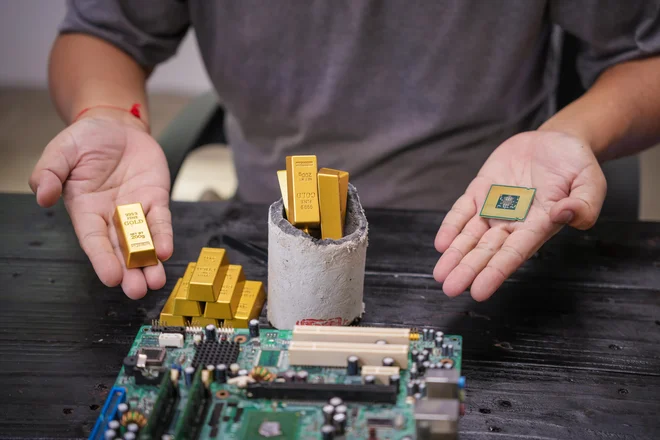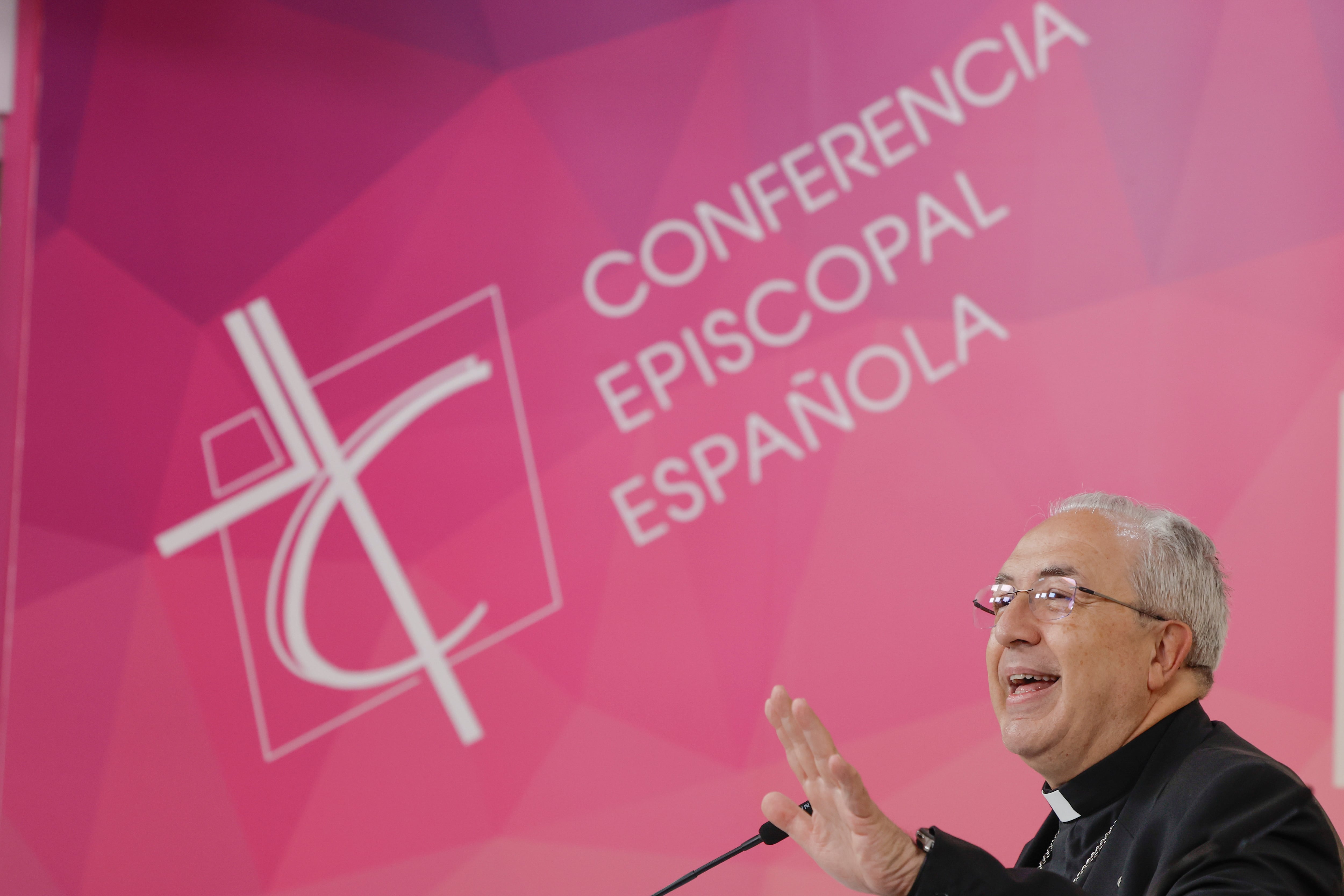Today we have MPs who will be included in the Assembly with zero personal votes. This is the end of the DP!

By Rudina Hajdari-
The result of the latest elections showed more clearly than ever before that the opposition made itself a heavy goal when it agreed to cooperate with the Socialist Party to change the electoral reform for the May 11 elections. Today we have MPs who will enter the Assembly with zero personal votes, but who have been certified as representatives of the people at the expense of their colleagues, who have received enough votes to be MPs twice but remain outside. So with the sweat and vote of others, MPs on the closed list are becoming MPs without deserving. Everyone knows that there are undeserved figures that do not represent anyone and have nothing to do with work, but that occupy chairs thanks to the support of the mayor and the vote of a reform designed to maintain the status quo. Choosing to maintain the regional proportional system, with most MPs coming from closed lists, the Democratic Party and the opposition as a whole have again made the same mistake. Have preferred the comfort of the opposition chair instead of the true battle in the face of citizens.
This system is the Achilles’ heel for the opposition – the source of all problems – because it gives the Socialist Party unfair advantages in terms of power and allows them to exploit links with organized crime and interest groups in different circles. For this very reason, this reform produced one of the deepest electoral defeats we have seen since 1997. The Socialist Party, with 83 MPs and with a more consolidated power than ever before, exploited this system perfectly. As in the past, it used any possible mechanism – legal or not, ethical or not – to ensure the total dominance of the electoral process. It used the advantage of power, the impact of criminal structures on suburban cities, where every large or small Albanian knows the terrain commanders well. It is the ones who own the premises, buildings, hotels and political connections that guarantee Edi Rama real power.
These are the real machinery that produces votes and do not hesitate to openly demonstrate their influence, as they have introduced their representatives into parliament, massively voted, but who have no public activity. Democratic Party MPs knew all this when they joined the votes with Edi Rama. Had no head pressure from any international or local factor. They knew the danger of electoral reform, but they decided to vote with both hands. Not to improve the process, nor to protect the vote of citizens, but for a place on the list. Their hope was that staying close to the mayor would secure a place in the Assembly. In this personal effort, they left the most important battle for the Democratic Party: real confrontation with the citizen and building a credible and competitive alternative. This is the biggest political injustice I have ever seen. As long as the opposition supports a system that favors the obedient and condemns the owners, it will lose any election. I want to go back to the Political Council, because everything started there. At that roundtable, I was the only opposition representative within the parliament that urged the system change from proportional regional with closed lists to a national system with 100% open lists. We made tremendous efforts, in cooperation with other MPs and civil society actors. But it all ended when everyone was against, including the diplomatic corps.
The signing of the June 5 agreement was one of the biggest mistakes of those four years. Although I was faced with tremendous pressure, especially from the US Embassy that had taken on the role of guarantor of the reform, I should not have withdrawn. I was asked to withdraw from the initiative to open the lists in order to sign the agreement and move forward with the European integration process and the return of the DP to the Assembly. However, today, more than ever, I understand that I should not have signed that imperfect deal. I do not forgive that I signed it, but even more so do the Democratic Party and the SMI who did not support this historic initiative to change the electoral system. Today they are more shrinking than ever before. They did not understand that by choosing to preserve the President’s throne, they were in fact guarding the eternal throne of Edi Rama.
If they had chosen the real showdown with the citizens, with open lists and real candidates, perhaps the re-election of Sali Berisha as the DP leader would have had a negligible impact on the electoral outcome. For this very reason, the four years to come are crucial. The opposition cannot continue to operate with the same mindset, with the same system and with the same vicious outlet circle. The real battle for the opposition is not for any name or chair, but to restore the confidence of citizens through an honest and representative electoral system. Only in this way can hope for a strong, competitive and visionary opposition arise. Only in this way can there be a real alternative to the absolute power of the majority. And only so can the true battle for the next four years begin.




